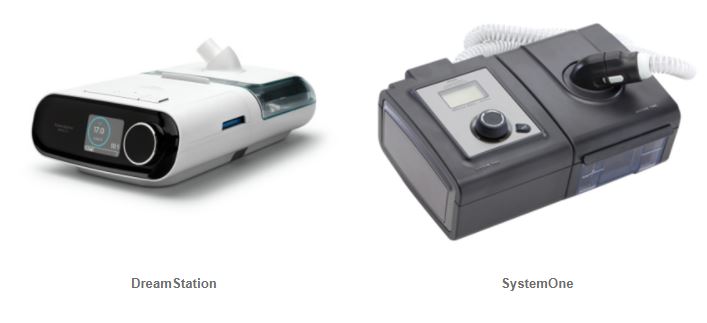
What are the adverse health risks associated with Philips CPAP and BiPAP machines?
Veterans given a Philips CPAP or BiPAP machine may have been exposed to pieces of degraded sound foam particles or carcinogenic chemicals while using the device. If you or a loved one has used a Philips CPAP device, you may have legal options available to you. Contact the VLAP team to find out who we trust.
On June 14, 2021, Philips issued a recall notification in the United States for specific Continuous Positive Airway Pressure (CPAP), BiLevel Positive Airway Pressure (BiLevel PAP) devices and mechanical ventilators. The recall comes months after the company advised of a potential health risk related to its products.
What are the potential health risks associated with Philips CPAP and BiPAP machines?
There are two ways these machines may have affected a person.
- Degraded foam
- Exposure to chemical emissions
Symptoms of degraded foam exposure
- Irritation to the skin, eyes, respiratory tract
- Inflammatory response
- Headache
- Asthma
- Adverse effects to other organs (such as the kidney and liver)
- Cancer
- Sinus infection
- Chronic cough
- Upper airway irritation
Philips admits that it has received several complaints concerning the presence of black debris/particles in the airpath circuit.
Symptoms of chemical emission exposure
- Headache
- Dizziness
- Irritation (eyes, nose, respiratory tract and skin)
- Hypersensitivity
- Nausea/Vomiting
- Toxicity
- Cancer
The company claims that it has not received adverse reports of serious harm as a result of this issue.
We’ve got your six.
Veterans who suffered from the above symptoms may be able to recover monetarily for their illnesses and injuries. If you have legal questions, contact VLAP to see who we trust.



